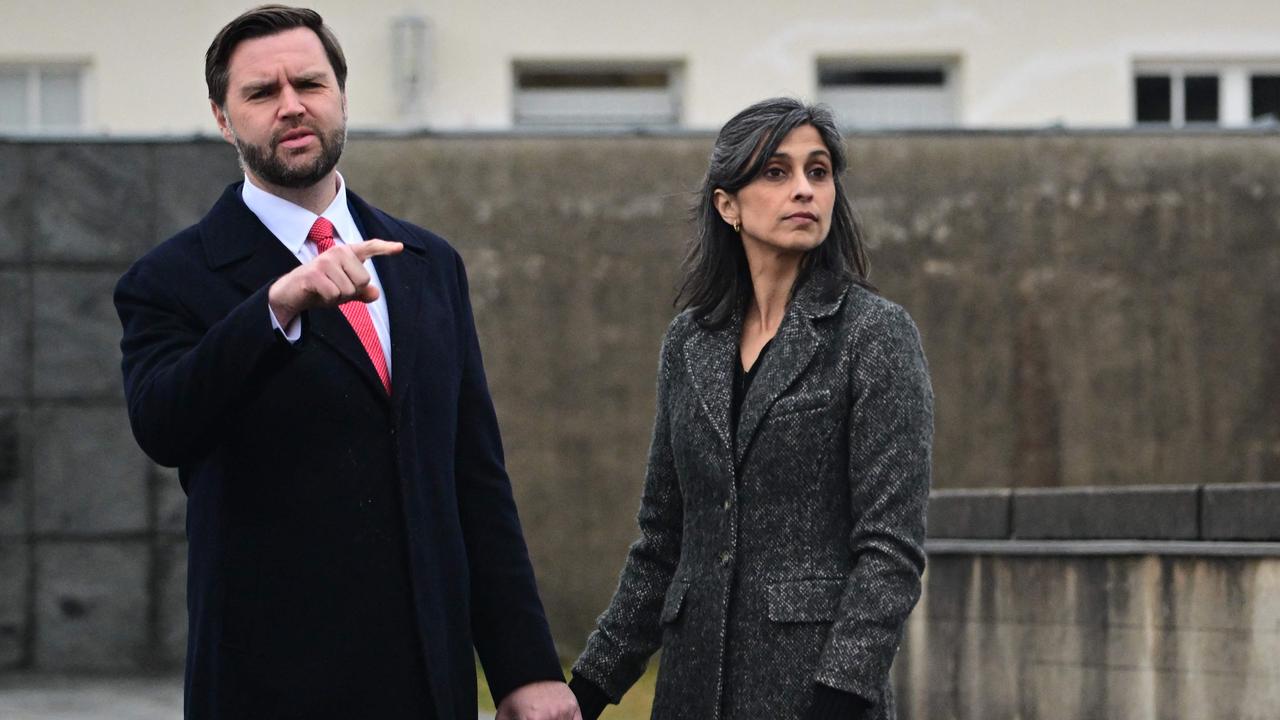France, Germany retake reins as Britain leaves EU’s economic orbit
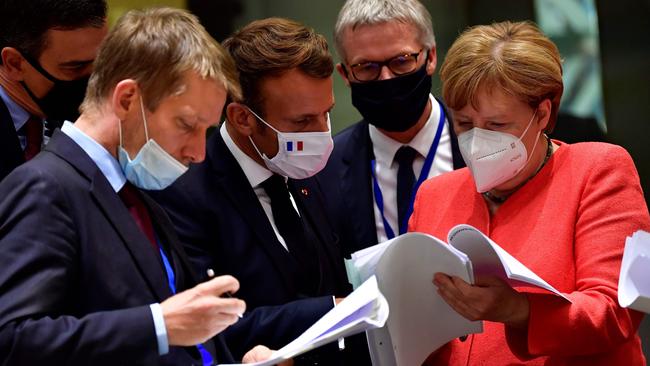
Britain long played a special role within the EU, as a nuclear power and permanent UN Security Council member that had Washington’s ear. It was also a budget hawk that insisted on keeping the bloc’s spending in check.
Some EU officials worried that the UK’s exit from the bloc would weaken a union that had been under pressure since Britons voted in 2016 to depart. That vote confronted the EU with the risk of disintegration and strengthened the hand of Eurosceptic movements from Italy to Hungary.
Instead, as the UK prepares to leave the EU’s economic orbit on Friday, the EU has regained confidence, helped partly by a revived Franco-German partnership and encouraged by the anticipated arrival of the Biden administration in Washington. Meanwhile, Paris, now the bloc’s dominant foreign-policy actor, is driving debate on everything from relations with Washington and Moscow to expanding the EU’s military capabilities.
Last week’s Brexit agreement is due to be approved by EU governments on Tuesday and by the British parliament on Wednesday to allow it to come into force provisionally on Friday. The European Parliament will consider the 1246-page deal, published in full on Saturday for the first time, in the new year. Top EU lawmakers from the bloc’s biggest parties have already welcomed the deal.
During several years of acrimonious Brexit talks, many feared that a failure of the EU and the UK to reach a deal on their future relations could poison bilateral ties, even threatening the UK’s still sizeable contributions to European security — from the Baltic states to the anti-terrorism campaign in Africa’s Sahel.
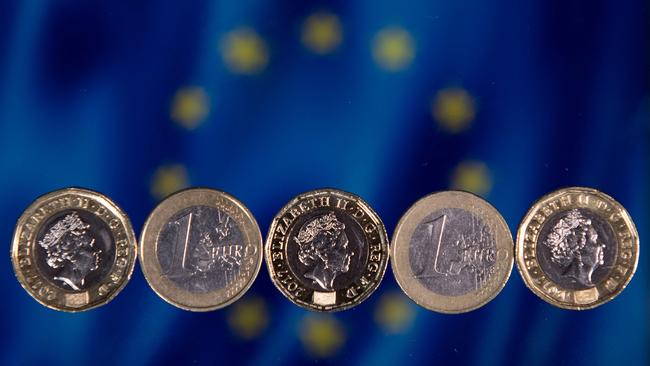
Britain’s sway in the continent, long a useful channel for Washington to influence EU plans on trade, tax and foreign-policy priorities, is much diminished. However, Thursday’s agreement between Britain and the EU on future economic, trade and security ties should prevent a permanent rift between America’s European allies.
Britain’s repeated political crises since the referendum have, opinion polls show, lifted support elsewhere for EU membership. Many anti-EU populist champions now call for overhauling, rather than quitting, the bloc.
This year, the EU has agreed to a huge recovery fund to help the bloc emerge from its coronavirus slump — an agreement unthinkable a few years ago. With a Brexit deal now pocketed, some officials believe the EU has turned a corner.
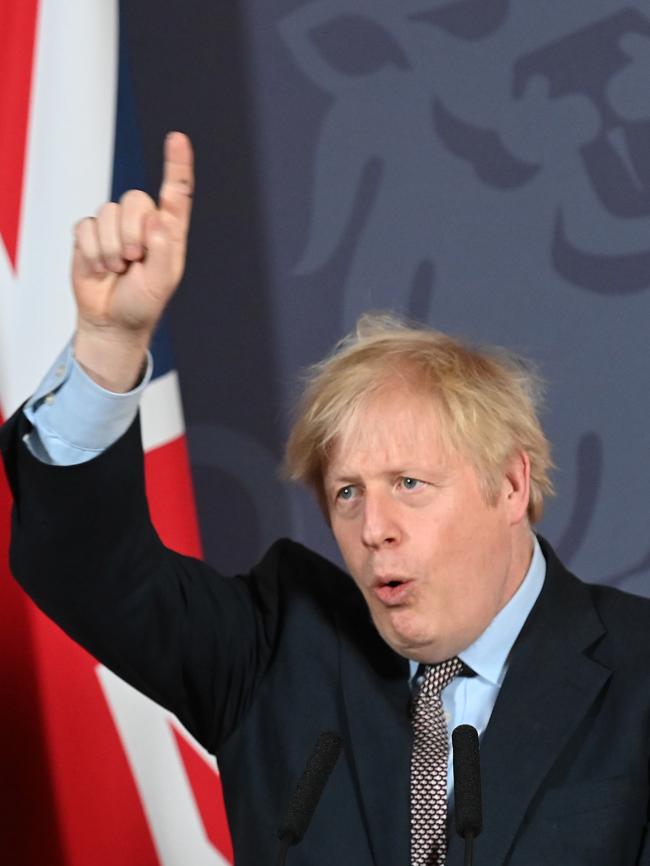
“We showed that if we are really under pressure, we get things done,” Michael Clauss, Germany’s ambassador to the EU, said this month. “So we did rise to the challenges and that’s why, also psychologically, we all feel that we are in a stronger position now.”
Central to the eurozone’s revival is the French-German partnership, which has gained strength with the exit of the only EU member state country that was equal in economic and strategic terms.
Just a year ago, France and Germany appeared at loggerheads on many of Europe’s biggest challenges.
Germany had watered down most of French President Emmanuel Macron’s sweeping proposals to reform the eurozone, France was blocking EU enlargement, German Chancellor Angela Merkel was pushing back on Mr Macron’s criticism of NATO, while Berlin was wary of efforts by Paris to thaw ties with Russia.
That changed this northern spring.
Jettisoning a decade of opposition to common debt issuance, Ms Merkel in May backed a proposal for the European Commission, the EU’s executive, to issue debt to fund a rescue package that would hand out hundreds of billions of euros to member states to help them during the pandemic.
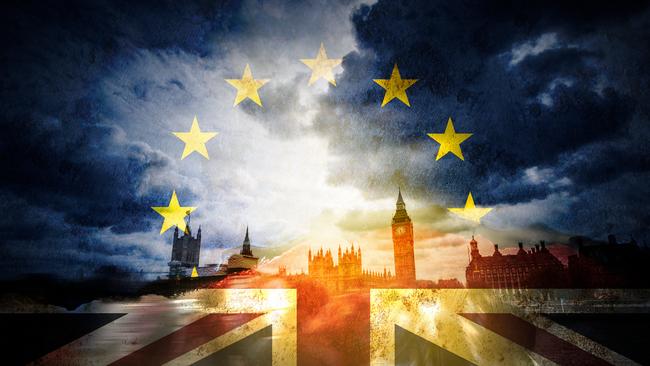
Two months later, the EU agreed on a €750bn program ($1.2 trillion).
If the UK had still been an EU member, the bloc might have been able to carve Britain out from the fund. Yet, British lawmakers would have been required to hand the EU executive new fiscal powers, something they would have been loath to do.
With Britain’s exit, France, also a nuclear power and veto-wielding member of the UN Security Council, is one of the few European countries with a global military presence and willingness to deploy it.
Mr Macron has pushed a program of strategic autonomy, which includes building up military capabilities to allow the EU to operate independently of great powers like China and the US With Berlin, it is seeking to strengthen the EU defence sector and offer stronger protections for critical industries.
France has driven a hard line in a growing conflict between the EU and Turkey over natural-gas resources and Ankara’s military moves in its neighbourhood. Mr Macron has continued his outreach to Moscow despite the poisoning of opposition leader Alexei Navalny.
There is caution about Mr Macron’s policies in some parts of the bloc, especially any steps that undermine NATO. Yet without Britain, those concerns are sidelined.
“On European defence, it is coming out in a very French way,” said Ian Bond, director of foreign policy at the Centre for European Reform. “Strategic autonomy would not have got as far as it has done had the British still been at the table.”
For Washington, this could create challenges even while EU leaders say they are eager to work with President-elect Joe Biden. For years, the UK had blocked EU efforts it feared undermined or duplicated NATO’s work. Britain has also become a far sharper critic of China and would likely have pushed the EU toward close co-ordination with the US on the challenges Beijing poses.
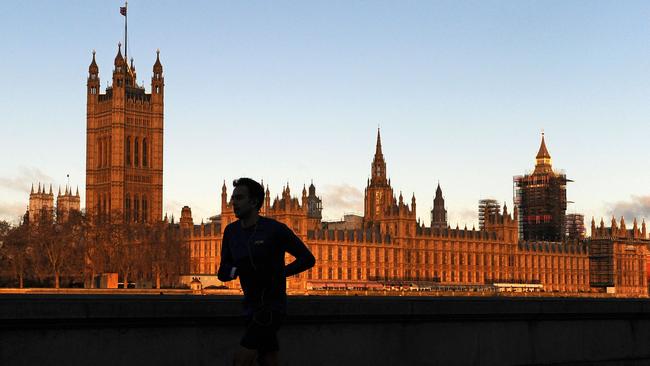
Instead, the EU is staking out a middle position. Brussels recently began a formal dialogue with the US on China. Yet the EU, pushed by Berlin, is close to completing a broad investment agreement with Beijing, provoking warnings from Mr Biden’s team.
Gnawing at the EU’s renewed confidence are doubts about the strength and stamina of the revived Franco-German partnership.
Paris and Berlin still differ on reforms of the eurozone, a weakness that officials fear could leave it vulnerable to a fresh financial or banking crisis in the single-currency zone. The EU’s powerhouses have failed to end the bloc’s differences on migration policy or heal a toxic rift between east and west over the application of the rule of law and democratic freedoms.
Next year, Ms Merkel, Chancellor for a decade-and-a-half, is due to retire. Some see a fresh period of uncertainty even as German diplomats insist Berlin’s European policy won’t change much.
“The underlying conflicts in the EU have not gone away,” said Fabian Zuleeg, chief executive of the Brussels-based European Policy Centre. “Just removing one actor … might mean there’s one less source of conflict. It doesn’t mean that we are able to make leaps in integration.”
The Wall Street Journal

